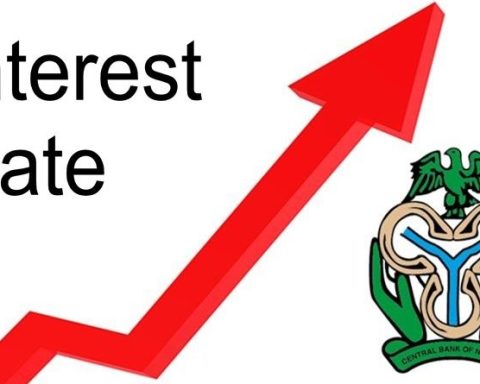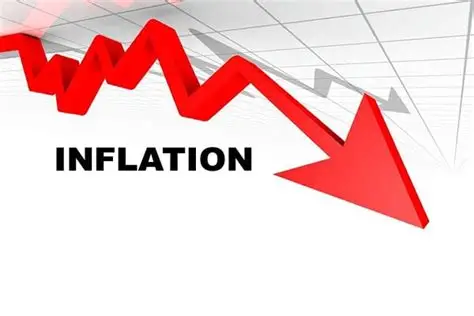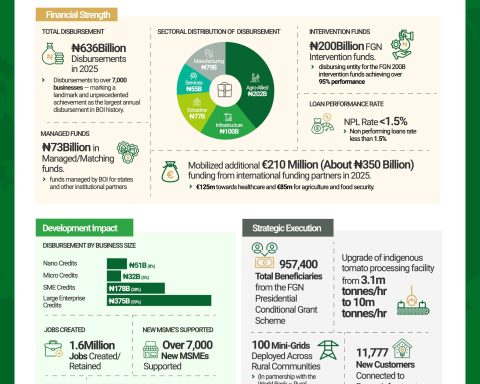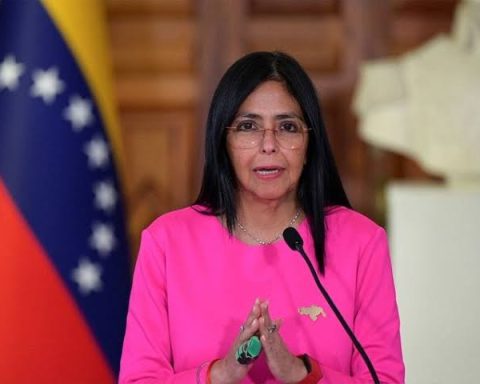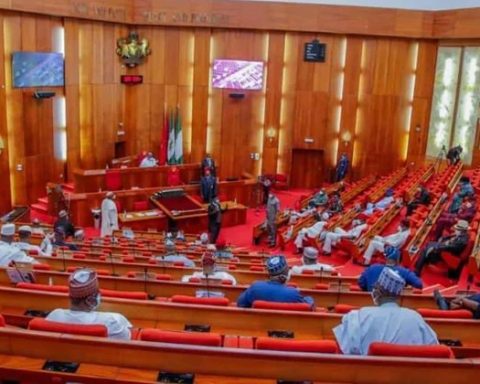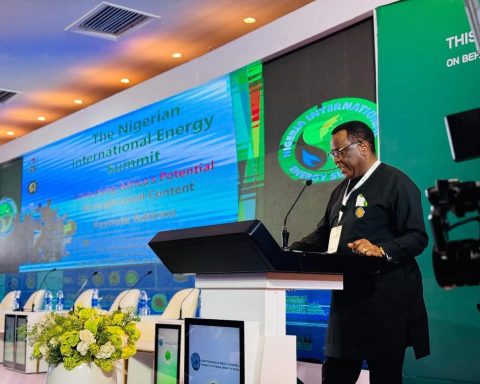Finding affordable states to live in has become essential for low-income earners, families, pensioners, and students as Nigeria continues its journey toward economic recovery in 2025.
Some states now provide much lower daily expenses, inexpensive housing, and reasonably priced transportation, as food inflation has decreased.
Join our WhatsApp ChannelInflation, which is the general increase in prices of goods and services over time, is a key economic indicator that directly affects the cost of living —the amount of money needed to sustain a certain standard of living, including expenses like food, housing, transportation, and healthcare.
Latest data released by the National Bureau of Statistics (NBS) showed that the headline inflation rate slightly dropped year-on-year (YoY) to 23.7 per cent in April 2025, from 24.2 per cent in March.
Food inflation also dropped YoY to 21.3 per cent in April 2025 from 40.53 per cent in April 2024.
The report states that urban inflation was 24.29 per cent year-on-year, which is 11.71 percentage points less than the 36 per cent rate that was recorded in April 2024.
On a month-on-month basis, urban inflation decreased from 3.96 per cent in March to 1.18 per cent in April 2025.
Inflation in rural areas decreased by 8.81 percentage points from 31.64 per cent in April 2024 to 22.83 per cent in April 2025. Rural inflation was 3.56 per cent month-on-month, down from 3.73 per cent in March.
Here are 10 states with the lowest cost of living in Nigeria
1. Ondo
State-by-state analysis of the NBS data shows that Ondo in Southwest recorded the lowest inflation rate in April 2025 at 13.42 per cent YoY. However, food inflation rate was 20.59 per cent. On a month-on-month basis, food prices increased to 5.17 per cent, while the prices of all other items decreased by -3.4 per cent month-on-month.
2. Cross River
The headline inflation rate for Cross River in April 2025 was 17.1 per cent YoY. With a 2.2 per cent monthly increase in food costs and a 3.9 per cent monthly increase for all items, food inflation was 14.5 YoY.
3. Kwara
Kawara, a state in north central, recorded 17.28 per cent on all items inflation. The state’s food inflation rate was 15.8 per cent YoY, with food prices up 2.8 per cent month-on-month and all items rising 3.4 per cent month-on-month.
4. Akwa Ibom
Inflation in Akwa Ibom was 17.4 per cent YoY, making it the 4th state with the lowest cost of living in Nigeria in April 2025. With food costs up 5.8 per cent month-on-month and all items rising 6.4 per cent month-on-month, food inflation was 16.4 per cent YoY.
5. Katsina
Katsina had a 17.6 per cent YoY inflation rate, placing it fifth in the list of states with the lowest cost of living in April 2025. Food inflation increased 6.4 per cent month-on-month and was 22.1 per cent YoY, while all items saw a -3.0 per cent month-on-month fall.
6. Oyo
Oyo State’s headline inflation rate was 18.7 per cent YoY. With a notable drop of -7.0 per cent month-on-month in food costs and -6.4 per cent month-on-month in all item, food inflation was 21.5 per cent YoY.
7. Plateau
With an annual inflation rate of 18.9 per cent, Plateau State was ranked fourth. The state’s annual food inflation rate was 30.5 per cent. All items experienced a 1.8 per cent monthly increase in inflation, but food inflation surged by 11.4 per cent.
READ ALSO: Seplat Generates N1.22trn Revenue In Three Months – Nearing 2024 Turnover
8. Rivers
Rivers State’s inflation rate was 19.2 per cent YoY. All items inflation in the oil-rich state saw a -0.7 per cent month-on-month reduction, but food inflation increased 1.8 per cent month-on-month and was 18.0 per cent YoY.
9. Taraba
Taraba ranked ninth in the list of states with the lowest cost of living in April 2025, with a headline inflation rate of 19.9 per cent YoY. With food costs rising 1.4 per cent month-on-month and all item inflation rising 2.5 per cent month-on-month, food inflation was 20.3 per cent YoY.
10. Ogun and Adamawa
Both Adamawa and Ogun states had headline inflation rates of 20.9 per cent YoY.
Ogun State’s food inflation rate was 9.9 per cent YoY, with a -7.1 per cent monthly decrease in food prices and a -3.2 per cent monthly decrease in all items.
Adamawa State posted 9.5 per cent YoY food inflation, -1.6 per cent month-on-month drop, while all item inflation increased 3.5 per cent month-on-month.
Victor Ezeja is a passionate journalist with seven years of experience writing on economy, politics and energy. He holds a Master's degree in Mass Communication.



